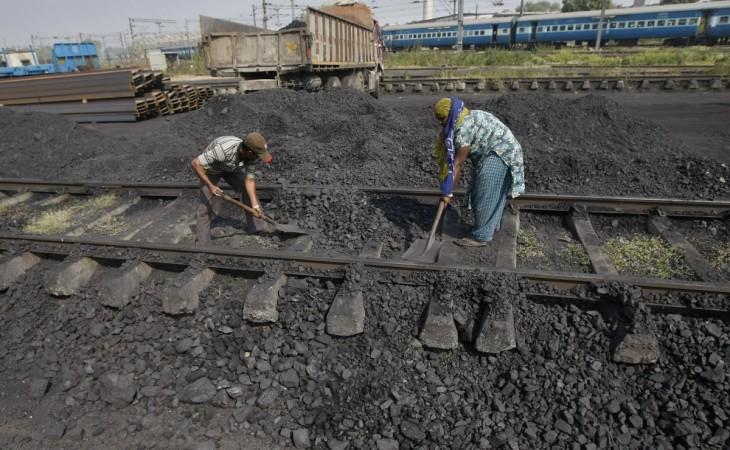
The Supreme Court on Wednesday cancelled all except four coal blocks allocated between 1993 and 2010, after having declared them illegal a month ago.
Of the 218 coal block allocations declared illegal, 214 have been cancelled today. The government has now been given the authority to auction the coal blocks or allot it to Coal India Limited.
However, 42 coal blocks have been allowed to continue for the next six months until the Centre decides to re-allocate it all.
Meanwhile, coal produced from these 42 blocks would be used only for power generation, according to reports. Also, the management of these coal blocks will have to pay ₹295 per metric tonne of the extraction for the next six months, IANS reported.
The four coal blocks that will be allowed to operate are government-run or non-joint ventures, including the National Thermal Power Corporation, two of Sasan's and one of Gas Authority of India Limited.
This decision has put investments worth ₹2 lakh crore in jeopardy.
The Supreme Court of India had on 25 August declared all the coal blocks allocated since 1993 as illegal stating that they suffered from "vice of arbitrariness."
The cancellation of all the coal block allocations, if not re-allocated soon, will affect the power industry, as India is already facing coal shortage at power houses. In addition, it will also affect the economy by creating need for imports that will add to the existing expenses by $3 billion.
















